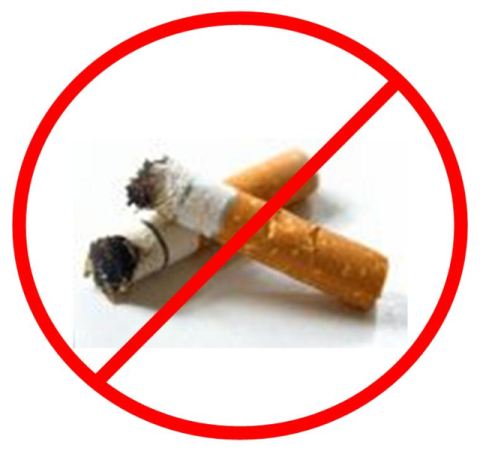Nicotine is not just addictive, but may actually promote the development of breast cancer, according to a study conducted by researchers from Taipei Medical University and published in the Journal of the National Cancer Institute.
Tobacco products are known to contain at least 60 chemicals that cause cancer, but up until now nicotine had not been classified as one of them. Nicotine, the chemical that makes tobacco products addictive, is produced by plants as a natural insecticide.
“Every time a person smokes, he or she inhales more than 4,000 different chemicals, including nicotine,” writes Phyllis A. Balch in the book, Prescription for Nutritional Healing, fourth edition.
“Nicotine, which is extremely addictive, increases levels of the pleasure-inducing brain chemicals serotonin, dopamine, and norepinephrine. … Nicotine acts as a stimulant on the central nervous system. When nicotine is ingested, adrenaline production increases, raising the blood pressure and heart rate.”
The new study “suggests … that nicotine could directly contribute to the molecular mechanism of carcinogenesis in addition to indirectly contributing by promoting addiction to smoking,” wrote Ilona Linnoila of the Center for Cancer Research at the National Cancer Institute in an accompanying editorial.
The researchers exposed both healthy and cancerous breast tissue to nicotine. They found that cancerous cells had more receptors for the chemical than healthy cells did, and that nicotine exposure increased the risk that normal cells would turn cancerous.
The study raises concerns over the safety of nicotine-based smoking cessation aids such as nicotine gum, patches and inhalers.
Read more: Natural News


